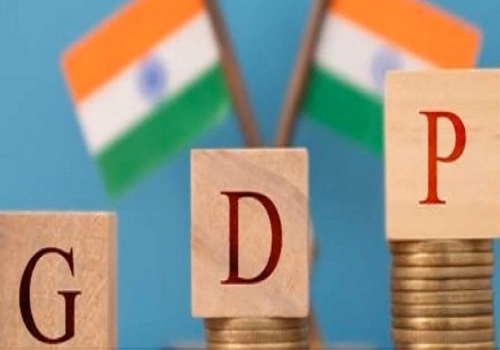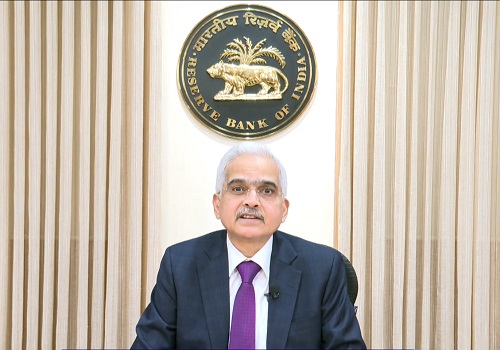CII urges government to stick to the fiscal deficit target of 4.9% of GDP for 2024-25

The Confederation of Indian Industry (CII) has suggested the government to stick to the fiscal deficit target of 4.9 per cent of GDP for 2024-25 and 4.5 per cent for 2025-26, and cautioned that overly aggressive targets beyond these could adversely affect India's economic growth. It noted that India has been growing rapidly amidst a slowing global economy and prudent fiscal management for macroeconomic stability has been pivotal to this growth.
CII highlighted the announcement in the Union Budget 2024-25 to keep the fiscal deficit at levels that help reduce the debt-to-GDP ratio. In preparation for this, it has suggested the forthcoming budget could lay out a glide path to bring the central government's debt to below 50 per cent of GDP in the medium term (by 2030-31), and below 40 per cent of GDP in the long term. Such an explicit target will have a positive impact on India's sovereign credit rating and further on the interest rates in the economy.
To aid longer-term fiscal planning, the government should consider instituting Fiscal Stability Reporting. This could include issuing annual reports on fiscal risks under different stress scenarios and the outlook for fiscal stability. The exercise will help forecast potential economic headwinds or tailwinds and assess their impact on the fiscal path. The reporting can also include long-term (10-25 years) forecasting of fiscal positions, accounting for the impact of factors like economic growth, technological change, climate change, demographic changes, etc. Several countries have adopted this proactive ranging from 10 years in Brazil to 50 years in the UK.
CII has suggested three interventions to nudge states towards fiscal prudence. Firstly, the states could be encouraged to institute state-level Fiscal Stability Reporting. Secondly, states have been allowed to borrow directly from the market, following the recommendations of the 12th Finance Commission. States also provide guarantees in case of borrowing by state PSEs, which have implications for the state's fiscal health. Third, the central government could create an independent and transparent credit rating system for states to incentivise them to maintain fiscal prudence.
























